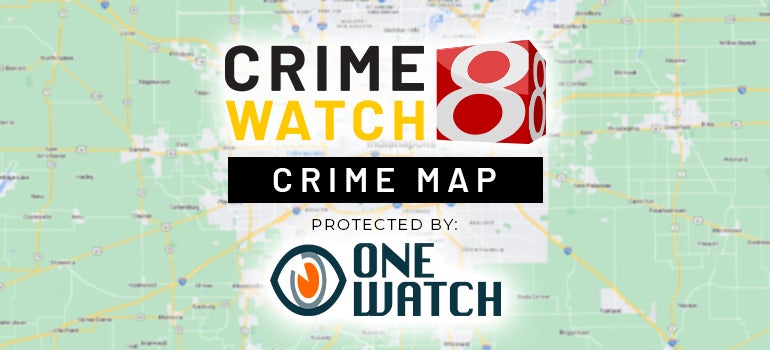Top Stories

Local
view all Loading Data…
Loading Data…
Crime watch 8
view allCommunity Events
National News
 Loading Data…
Loading Data…
multicultural News
 Loading Data…
Loading Data…
Indiana News
 Loading Data…
Loading Data…
Education
view all Loading Data…
Loading Data…
Business, Equity & Opportunities
view all Loading Data…
Loading Data…
Trending Podcasts
view all Loading Data…
Loading Data…













